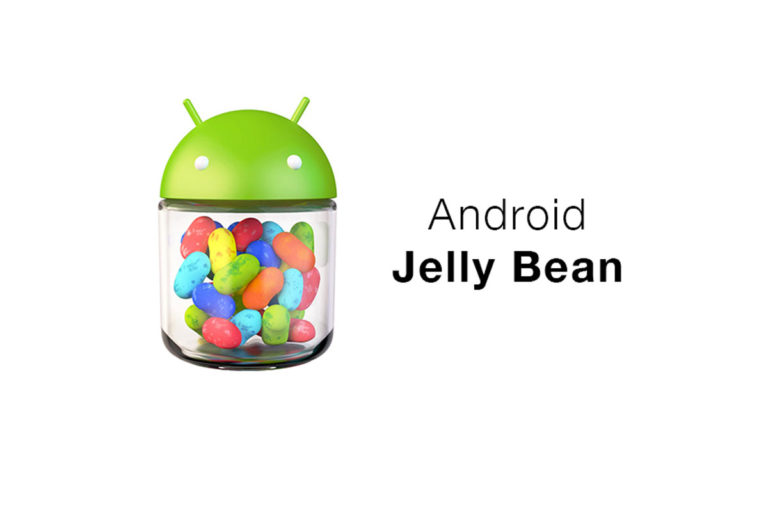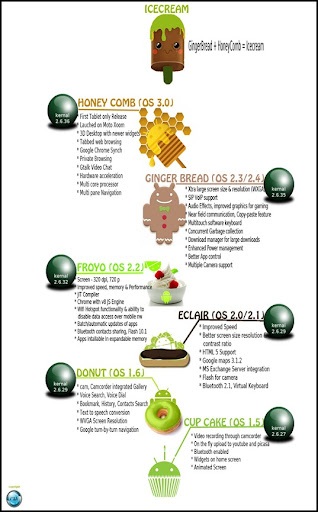

It may contain critical last-minute fixes.A release candidate is a prospective stable release.(such as Dependencies on other libraries must be beta, rc, or stable A beta release cannot use experimental compiler features.They are ready for production use but may contain bugs.Beta releases are functionally stable and have a feature-complete API surface.While a release is in alpha, APIs may be added, removed, or changed.Alpha releases are functionally stable, but may not be feature-complete.The criteria for each pre-release stage is:
Android versions update#
The reason being a major version update would force all artifacts that depend on the previous major version to be explicitly migrated, which would disrupt the workflow of developers.Įvery version of a library moves through three pre-release stages on its way toīecoming a stable release. Please note that androidx libraries are encouraged, but not required, to preserve source compatibility across minor versions. (alpha, beta, release candidate) and revision number (01, 02, and so on).

Pre-release versions also have a suffix that specifies the pre-release stage The libraries follow strict semantic versioning for binary compatibility with an added inter-version sequence of pre-release revisions.Ī version string (like 1.0.1-beta02) contains three numbers representing major, minor, and bugfix levels. Libraries can happen independently and more frequently.
Android versions android#
Jetpack libraries ship separately from the Android OS, so updates to the For example, Android 12 was code-named “ Snow Cone.Overview | All | Stable | RC | Beta | Alpha It’s just “ Android 12.” Google still plans to use dessert names internally for development builds. Unlike early versions of Android, this version doesn’t have a cute dessert name-or any other type of name beyond the version number. It is also arriving on Samsung Galaxy, OnePlus, Oppo, Realme, Tecno, Vivo, Xiaomi, and other devices later this year. The initial version of Android 12.0 was released on October 19, 2021, on Google’s Pixel smartphones.

Android versions code#
We thought it fitting to give a brief rundown of each Android version on the accompanying code name and release date.


 0 kommentar(er)
0 kommentar(er)
